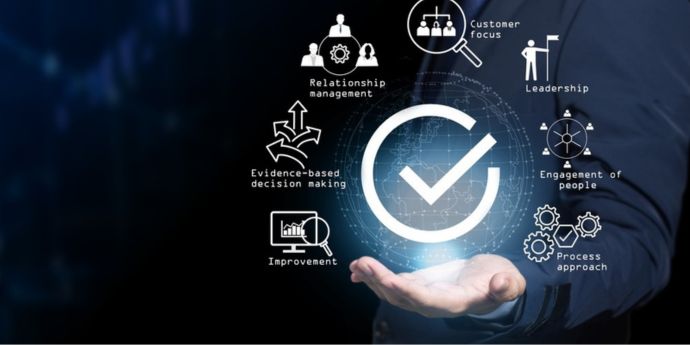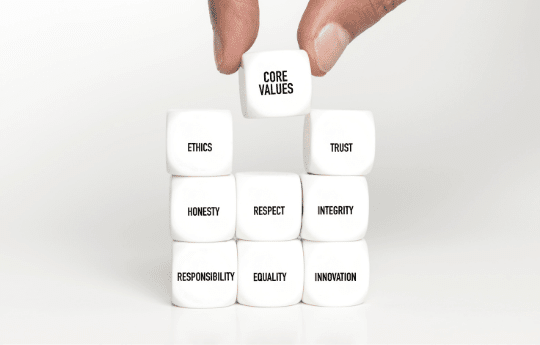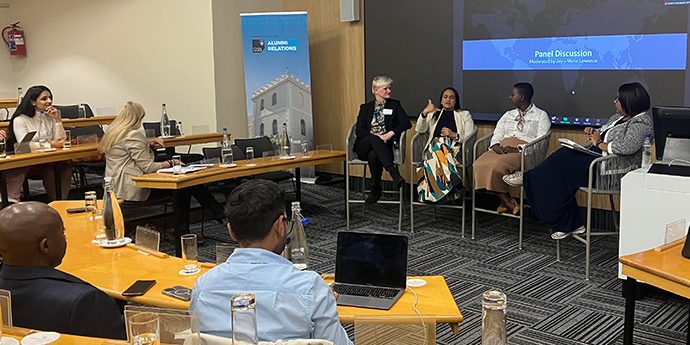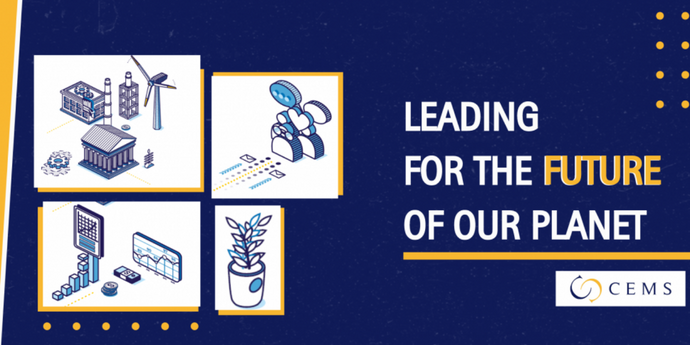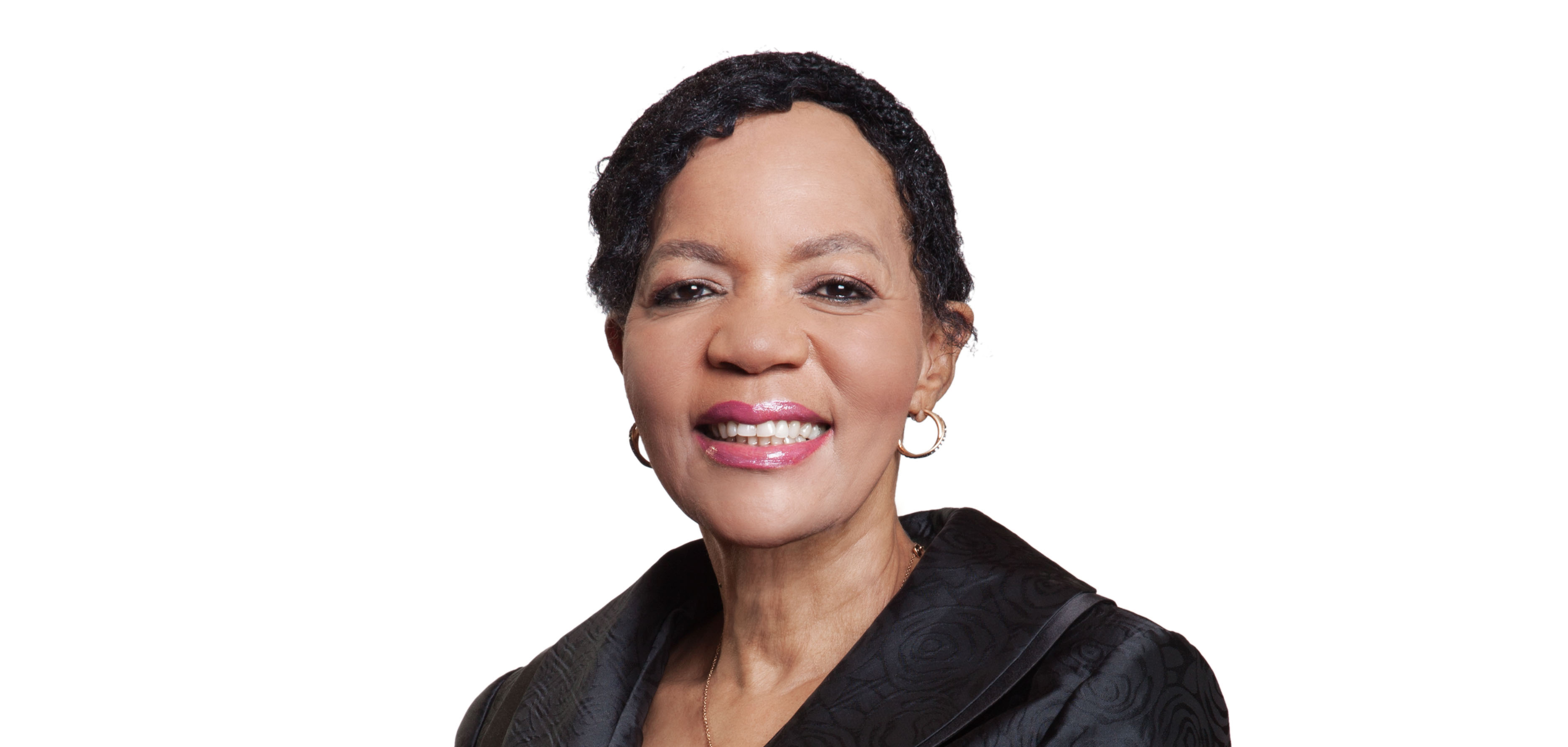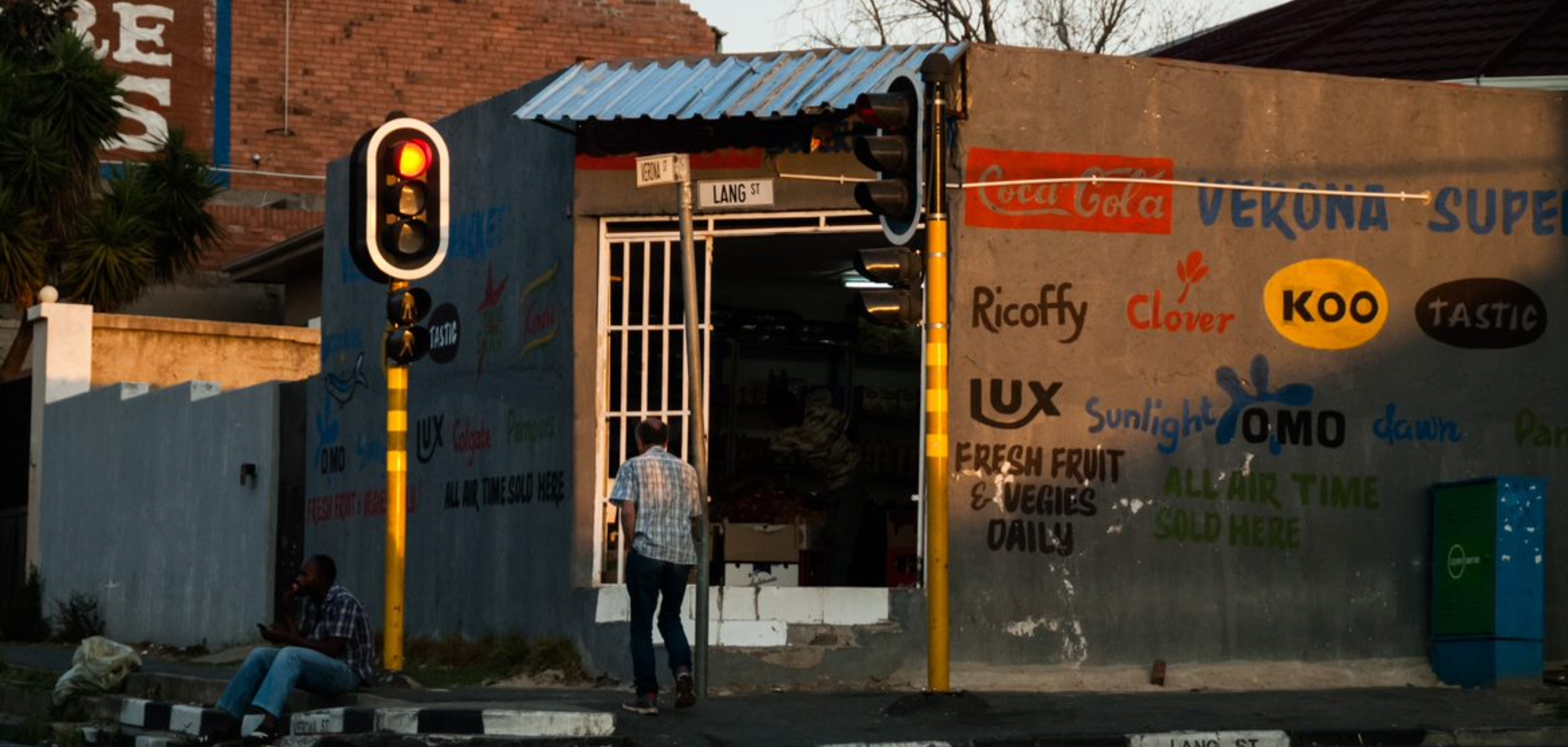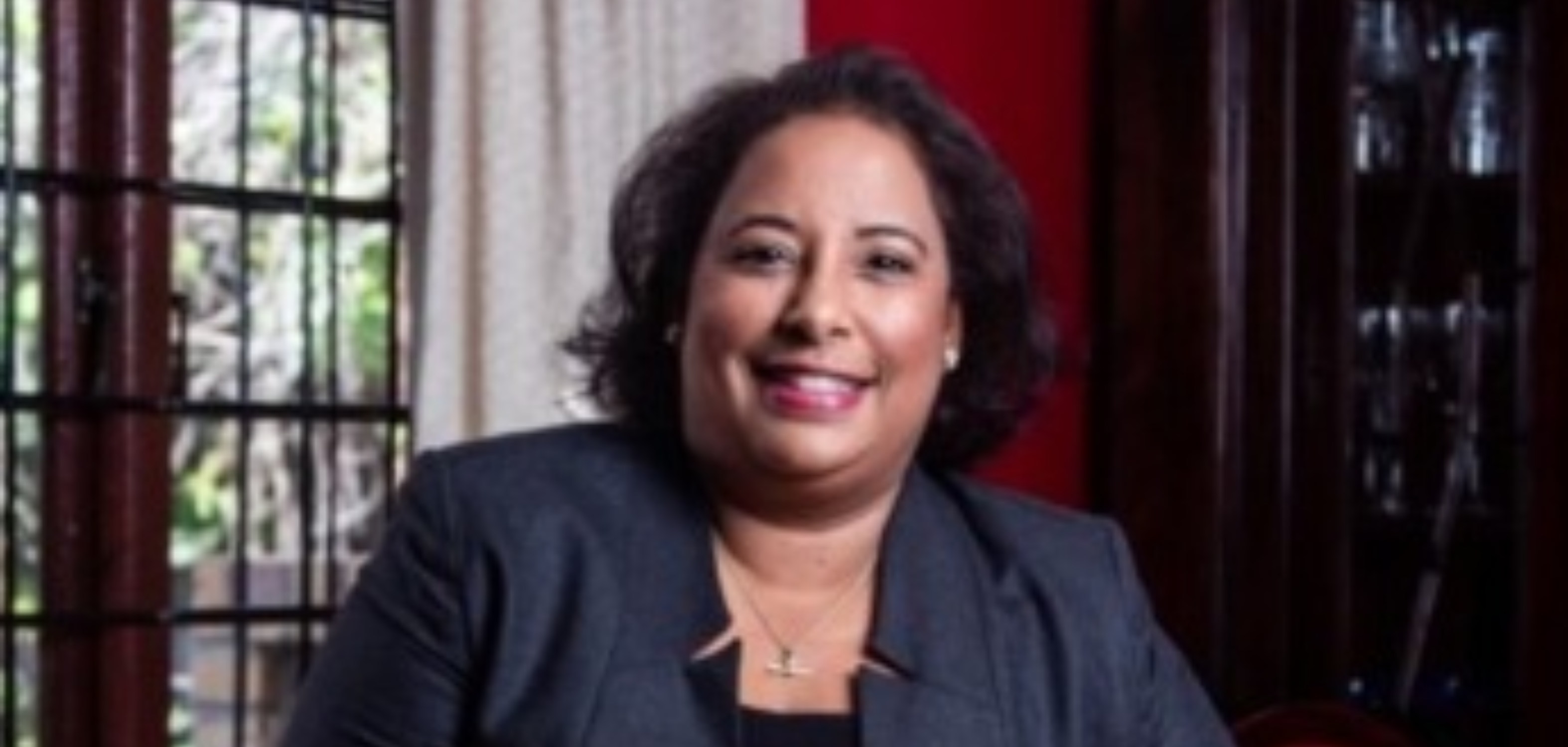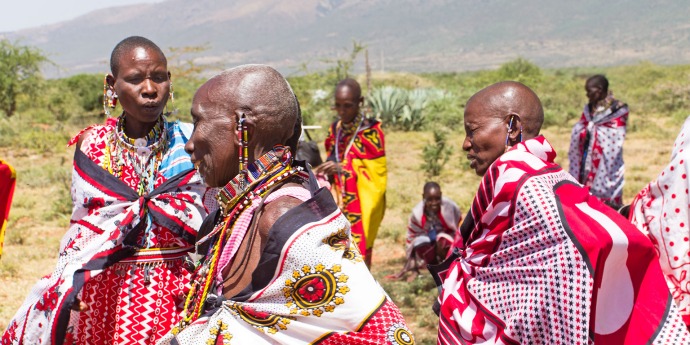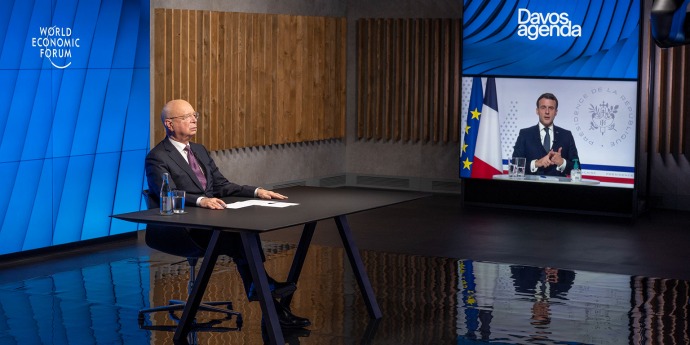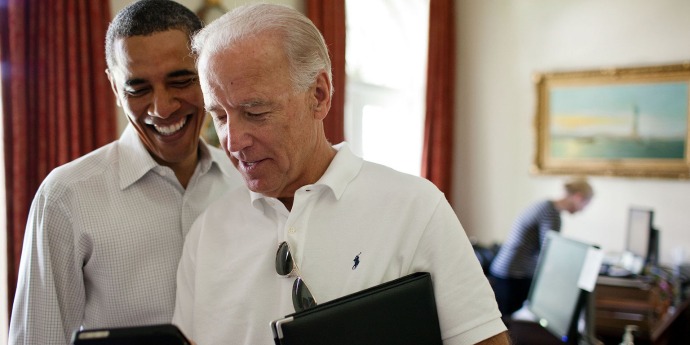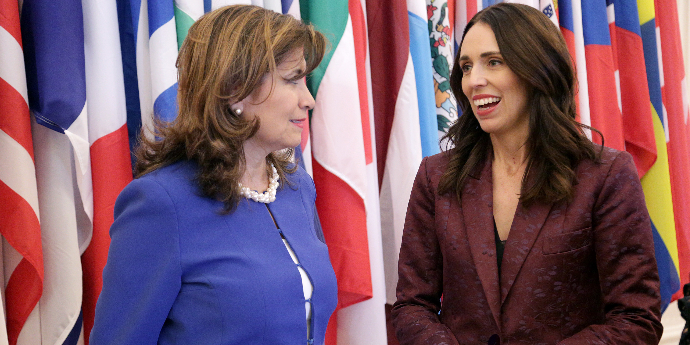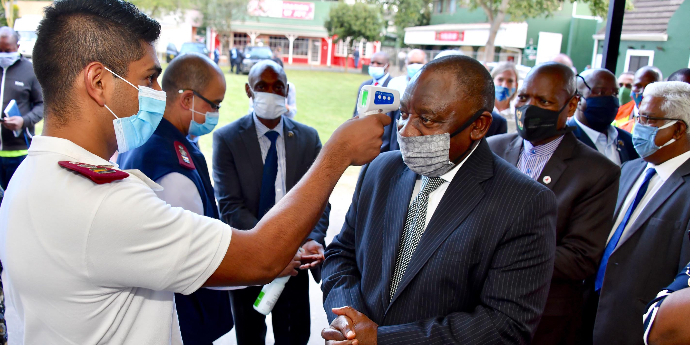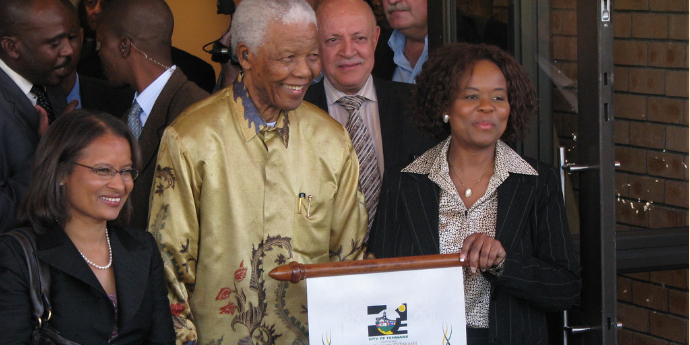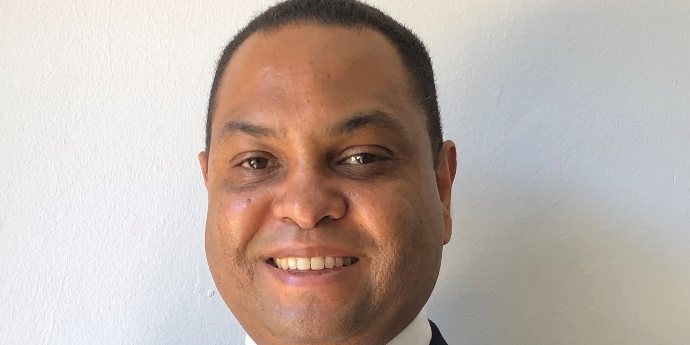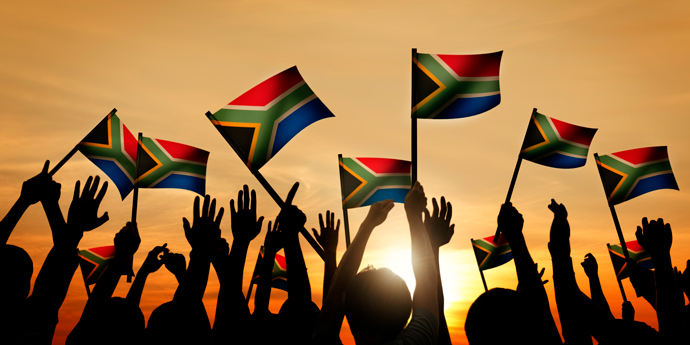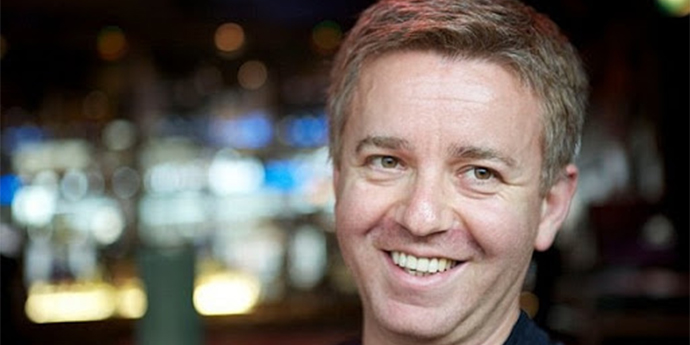If Africa is to emerge a better society post-COVID-19, the approach to leadership and the broader environment needs to change.
The COVID-19 pandemic has exposed the vulnerability of the world’s systems and shredded painstaking gains made towards ending poverty and inequality, but at the same time, it has created a hopeful opening for a new kind of leadership and economic approach; one that recognises the inescapable link between planetary and human health.
The pandemic has searingly demonstrated that business, government, society and the environment are crucially interdependent. A business, no matter how profitable, cannot hope to survive if it has no healthy consumers. And to stay healthy, people need functioning health systems and an environment that is able to sustain a healthy life. Now, with data showing that a driving force behind the emergence of the virus was biodiversity degradation, and the opportunities for the cross-contamination of viruses between animals and humans skyrocketing, it is clear that we need to make different choices.
Nowhere is this shift to a sustainability mindset more needed than in Africa. Even before the pandemic, the continent was lagging the rest of the world with minimal progress being made towards meeting the UN’s sustainable development goals (SDGs). At the end of 2019, more than half of the global poor (those earning less than $1.90 per person per day) were to be found in Africa and one in three Africans were at risk of food insecurity.
At the same time, sustainability has tended to be put on the back burner on this continent, amid a push for resource extraction and quick profits without a specific focus on future generations. David Craig, the CEO of Refinitiv, formerly known as Thomson Reuters Financial & Risk, points out that while African companies are among the fastest-growing in the world, their attitudes towards Environmental, Social and Governance (ESG) imperatives have not developed at quite the same pace.
Economic history has shown us that a lack of focus on sustainability can impact the prospects of countries and businesses. For example, after the collapse of the Soviet bloc and the release of previously classified environmental data, scholars and policy-makers were astonished at how terrible environmental pollution had been in the communist regime. As Africa plots a path to recovery post-COVID therefore, a new attitude towards sustainability — that values people, planet and profits — is imperative. What’s more, a sustainability mindset could help set the continent on a path, not just to recovery, but to leading the world in what the World Economic Forum has termed the Great Reset; a chance to build a new social contract and to shift the focus from managing short-term pressures to focusing on the longer-term sustainability.
The continent is strongly positioned to do so in one important respect: 60% of the population is under the age of 25, and 41% is younger than 15. And with attitudes towards sustainability mostly driven by the youth, this likely heralds a sea change ahead for Africa.
This will converge with another important trend. Investors globally are increasingly seeking more than just strong financial performance in businesses and are also looking for demonstrated long-term commitments to sustainability. In 2019, scholars found that sustainability was nearly universally “top of mind” for leading investors. Financial institutions are increasingly worried about the effect of climate change on their stability. For instance, changing weather patterns, which include more frequent and intense storms and droughts, have complicated the insurance industry’s risk assessments and broadly led to an increase in premiums, particularly in the agricultural sector. Meanwhile, banks are under pressure not to finance operations seen as contributing to climate change and, as a result, are increasingly divesting from coal.
Business leadership globally, too, is waking up to the importance of sustainability. A 2019 Global CEO Outlook survey by professional service firm KPMG found that 1,250 CEOs rated environmental/climate change risk the single biggest threat to business growth.
Despite these winds of change, however, there is so much work to be done to develop sustainable business models across the continent, with few resources for the task ahead. A multi-pronged approach from implementing new policies, to gearing up lending to support sustainable initiatives, is obviously required, and leaders — especially those in business and government — have a key role to play.
In striking the balance between supporting change in our political and economic systems and achieving sustainable organisational performance, a special kind of leader is needed. According to Wayne Visser and Polly Courtice from theUniversity of Cambridge Institute of Sustainability Leadership, sustainable leaders need to be able to inspire and support action towards a better world while themselves having a strong moral compass. Important traits associated with a sustainability leader include emotional intelligence, empathy, resilience, and creativity.
Leaders also have a vital role to play in driving collaboration at scale in order to meet the challenges ahead. As my colleague Professor Mignon Reyneke points out, the sustainability mindset and skills required will be honed and learned through sharing ideas, healthy debate, collaborating and learning from each other.
As the engines of recovery start to rev up, the World Economic Forum points out that we have “a unique window of opportunity” to shape the direction we go in. In Africa, the pandemic has already disrupted the way we do business and the way we live our lives. It has devastated lives and livelihoods. Leaders in business and government have a special opportunity to rise to the challenge and seize the opportunities, working together not just to get our economies back on track at all costs, but to unlock long-term sustainable value for the continent.
Dr Camille Meyer is Senior Lecturer and Course Convenor of the Lead Campus Programme, 'Sustainable Leadership in Africa' at the UCT GSB. The programme is tailor-made and co-developed by HEC Paris, the AFD (French Development Agency), Mohammed VI Polytechnic University and the UCT Graduate School of Business.

